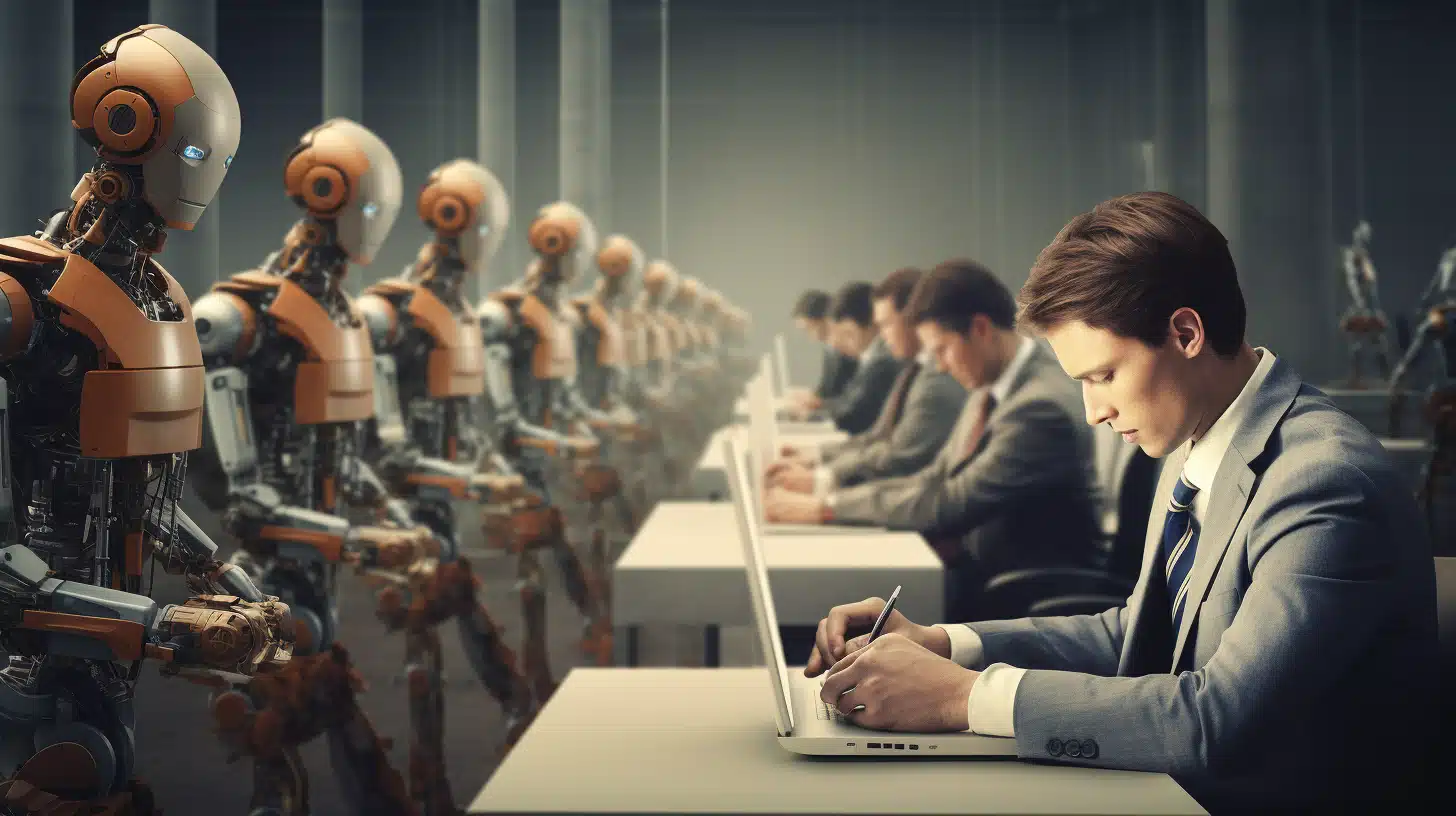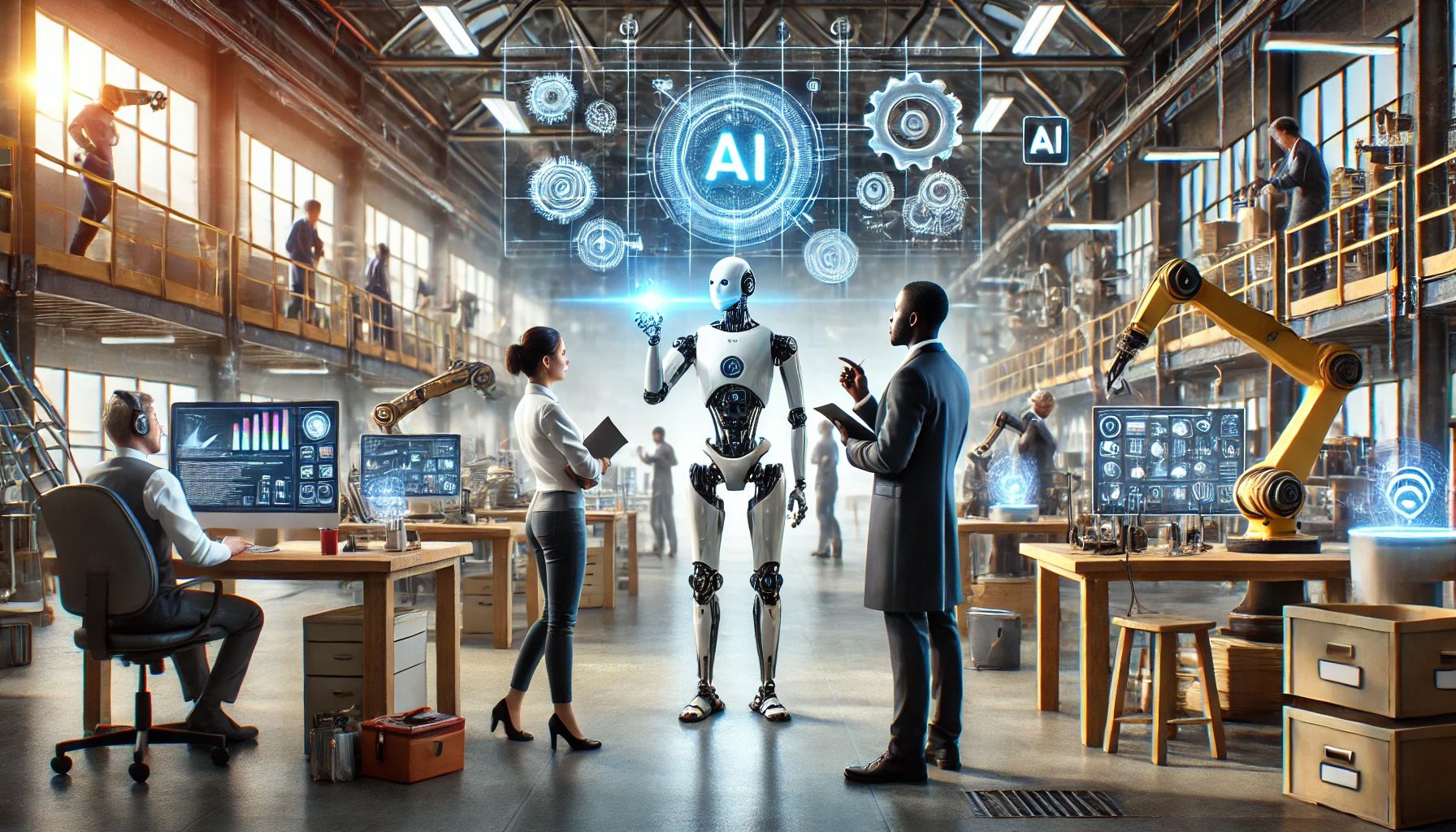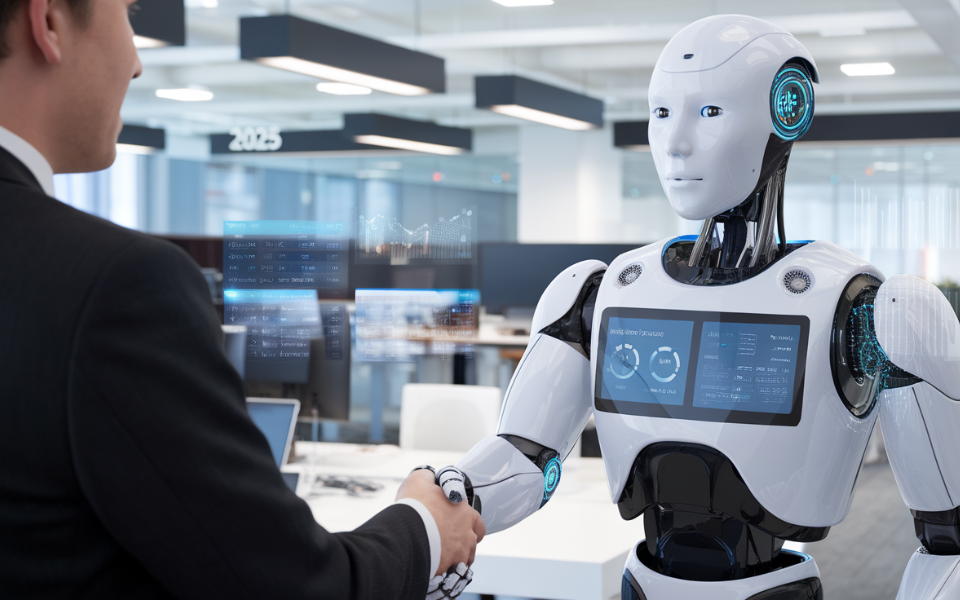Artificial Intelligence (AI) and automation technologies are reshaping the modern workplace, revolutionizing how tasks are performed across industries. As AI continues to evolve, understanding current trends in job automation is critical for adapting to the future of work.
What is Job Automation with AI?
Job automation involves using AI-powered systems and machines to perform tasks traditionally done by humans. This can range from simple repetitive work to complex decision-making processes, with AI driving greater speed, accuracy, and efficiency.
Key Trends in AI and Job Automation
Intelligent Process Automation
AI is being combined with robotic process automation (RPA) to automate not just routine, rule-based tasks, but also workflows that require cognitive abilities. This includes reading documents, interpreting data, and making decisions—dramatically transforming sectors like finance, insurance, and healthcare.
Growth in AI-Powered Assistants
Virtual assistants and chatbots are increasingly being deployed in customer service, IT support, and HR departments. These AI tools can handle inquiries 24/7, reduce wait times, and free up human workers to focus on more complex issues.
AI in Predictive Analytics
Businesses are using AI to forecast trends, manage supply chains, and personalize services. Predictive analytics tools help automate decision-making based on historical data, reducing human error and enabling proactive strategies.
Rise of Autonomous Systems
Self-driving vehicles, drones, and automated warehouses are becoming more common in logistics and manufacturing. These technologies enhance efficiency and safety while reducing the need for manual labor in high-risk environments.
Reskilling and Workforce Transformation
As automation takes over repetitive jobs, there’s a growing trend of reskilling workers for AI-augmented roles. Training in data literacy, AI tools, and digital collaboration is becoming essential for remaining competitive in the job market.
Hybrid Work Models with AI
AI is enabling flexible and remote work by automating administrative tasks, organizing schedules, and providing real-time collaboration tools. This trend supports a hybrid workforce where human creativity and machine intelligence work side by side.
Challenges and Considerations
Despite the benefits, job automation raises several concerns:
- Job Displacement: Many fear that automation could lead to widespread job losses, especially in sectors like manufacturing, retail, and transportation.
- Ethical Implications: Decisions made by AI systems, such as hiring or loan approvals, must be transparent and free from bias.
- Digital Divide: Unequal access to AI and automation technology may widen economic gaps between different regions and populations.
Conclusion
AI and job automation are transforming the nature of work, offering powerful tools to improve productivity, efficiency, and decision-making. While the shift brings challenges around employment and ethics, it also opens doors to new opportunities and job categories. Embracing these trends with a focus on responsible AI use and continuous learning is vital for thriving in the future workforce.







Leave feedback about this